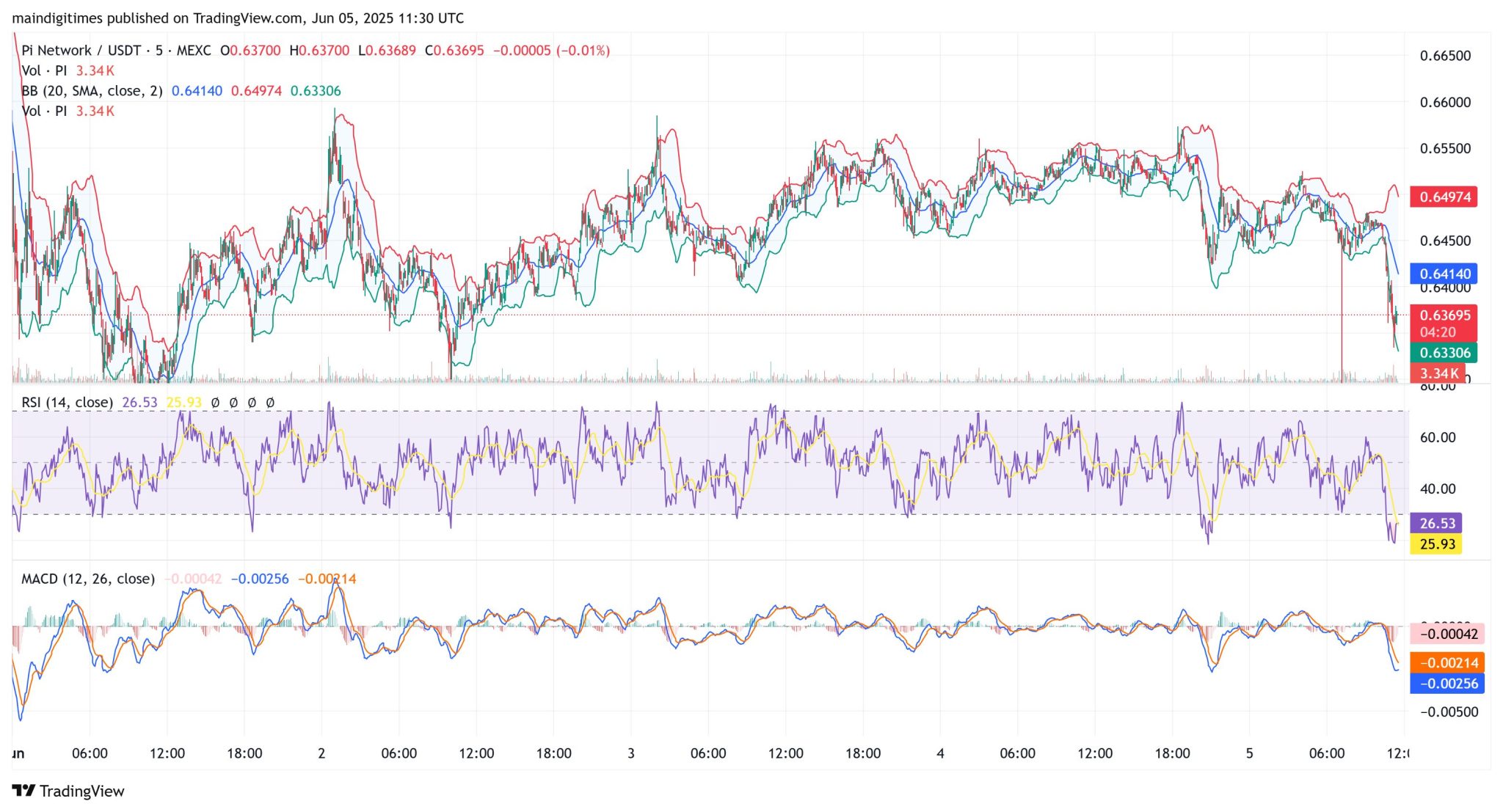
Stripe is making a bold move into the blockchain space with its planned network, Tempo, and has tapped one of crypto’s most prominent venture capitalists to lead it.
Key Takeaways:
- Stripe has appointed Paradigm cofounder Matt Huang as CEO of its planned payments-focused blockchain, Tempo.
- Tempo will be a high-performance layer-1 designed to power Stripe’s stablecoin business.
- The move comes amid rising competition in blockchain payments.
Matt Huang, cofounder and managing partner of Paradigm, will become Tempo’s first CEO, Fortune reported, citing three people familiar with the matter.
Huang, already a member of Stripe’s board, will retain his role at Paradigm while steering the new project.
Stripe Expands Crypto Push with Tempo
The $91.5 billion payments giant has been steadily deepening its crypto footprint, acquiring stablecoin firm Bridge and crypto wallet provider Privy over the past year.
Tempo will give Stripe direct control over the infrastructure underpinning its growing stablecoin business, allowing it to own the full payments stack.
Huang, a former Sequoia partner, launched Paradigm in 2018 with Coinbase cofounder Fred Ehrsam.
The firm has $12.7 billion in assets under management and has invested in some of crypto’s biggest names, including Uniswap, Kalshi, and Fireblocks.
His long-standing board role at Stripe positioned him as a natural choice for Tempo’s top job.
Sources told Fortune that Tempo is designed as a “high-performance” layer-1 blockchain built for payments, capable of running Ethereum-compatible code but not reliant on Ethereum itself.
It’s unclear when the protocol will launch or whether it will introduce its own token.
The decision to create an independent chain comes as competition in the stablecoin payments sector heats up, with companies like Circle also announcing blockchain initiatives.
Huang’s dual role will likely spark debate in the venture world, where questions about potential conflicts and time commitments loom.
Paradigm has a history of incubating its own projects, such as Ethereum developer suite Foundry and crypto automation bot Artemis, but Tempo represents a new level of involvement with a major fintech player.
Ehrsam stepped back from his managing partner role at Paradigm in 2023 to focus on his brain-interface startup Nudge, though he remains a general partner.
Paradigm announced an $850 million third fund in 2024, underscoring its continued influence in the crypto venture market.
Stripe Develops US Dollar-Backed Stablecoin
As reported, Stripe is developing a US dollar-backed stablecoin targeted at companies operating outside the U.S., U.K., and Europe.
Businesses are being invited to join early testing, following Stripe’s regulatory approval to acquire Bridge, a stablecoin payments network co-founded in 2022 by former Coinbase executives Zach Abrams and Sean Yu.
The move builds on Stripe’s long-running crypto involvement, which began in 2014 with Bitcoin payments before being paused due to network inefficiencies.
The company re-entered the sector in 2021, launching stablecoin payment options in October 2024 that saw immediate adoption in 70 countries, and partnering with Coinbase earlier that year for fiat-to-crypto conversions.
Meanwhile, companies like PayPal have also entered the space, launching their own stablecoins and offering yield incentives to holders.






